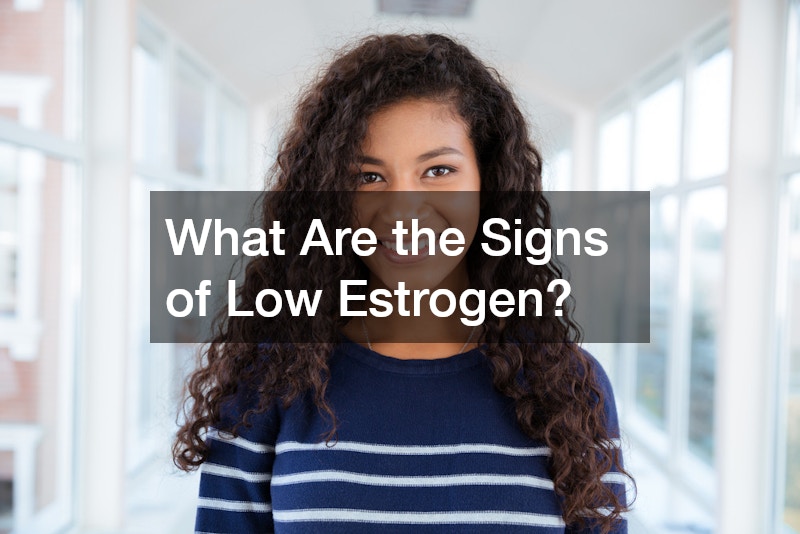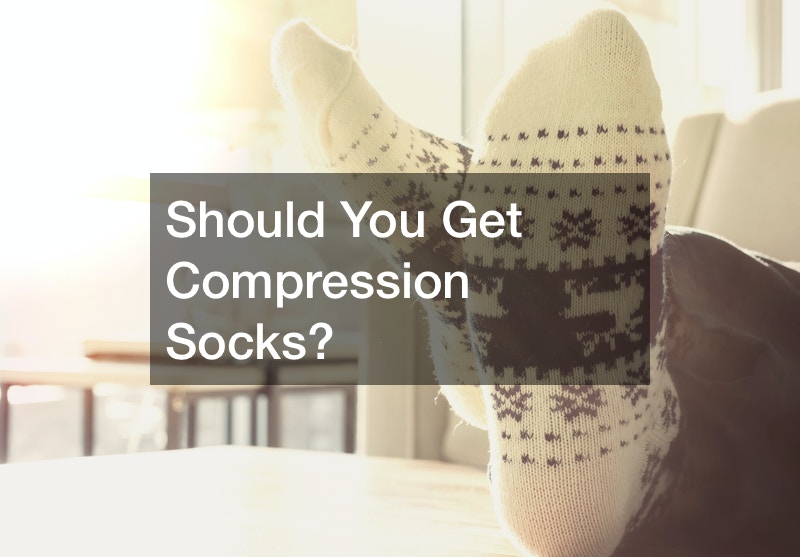
Estrogen is a vital hormone in the female body, playing a key role in regulating the menstrual cycle, maintaining bone density, and supporting cardiovascular health, among other functions. When estrogen levels drop below normal, it can lead to a variety of symptoms that affect both physical and emotional well-being. Understanding the signs of low estrogen is essential for recognizing when something might be amiss and seeking appropriate medical care. Here’s a closer look at the common indicators that your estrogen levels might be low.
1. Irregular or Absent Menstrual Periods
One of the most obvious signs of low estrogen is a change in your menstrual cycle. Estrogen is responsible for regulating the menstrual cycle, and when levels drop, you may experience irregular periods, lighter periods, or even missed periods. For women approaching menopause, these changes are common as the body naturally produces less estrogen. However, for younger women, irregular periods can be a sign of hormonal imbalances that may require medical attention.
2. Hot Flashes and Night Sweats
Hot flashes and night sweats are classic symptoms of low estrogen, particularly in women going through menopause. These sudden feelings of intense heat, often accompanied by sweating and flushing, can be uncomfortable and disruptive to daily life. Night sweats can also interfere with sleep, leading to fatigue and irritability. If you’re experiencing these symptoms and they’re affecting your quality of life, it’s important to discuss them with your healthcare provider.
3. Vaginal Dryness
Estrogen plays a crucial role in maintaining the health and lubrication of the vaginal tissues. When estrogen levels drop, vaginal dryness can occur, leading to discomfort, itching, and pain during intercourse. This symptom is particularly common during and after menopause but can also be seen in younger women with low estrogen levels. Over-the-counter lubricants can help, but persistent symptoms should be evaluated by a healthcare provider.
4. Mood Swings and Depression
Estrogen has a significant impact on mood regulation, and low levels of this hormone can lead to emotional symptoms such as mood swings, anxiety, and depression. Some women may notice they feel more irritable or anxious when their estrogen levels are low, particularly during perimenopause or menopause. If you’re experiencing changes in your mood that seem out of the ordinary, it could be linked to low estrogen levels.
Recognizing the signs of low estrogen is important for maintaining your overall health and well-being. If you’re experiencing any of these symptoms, it’s essential to speak with a healthcare provider who can assess your hormone levels and recommend appropriate treatment options. Whether through lifestyle changes, hormone replacement therapy, or other interventions, addressing low estrogen can help you feel better and protect your long-term health.
.





